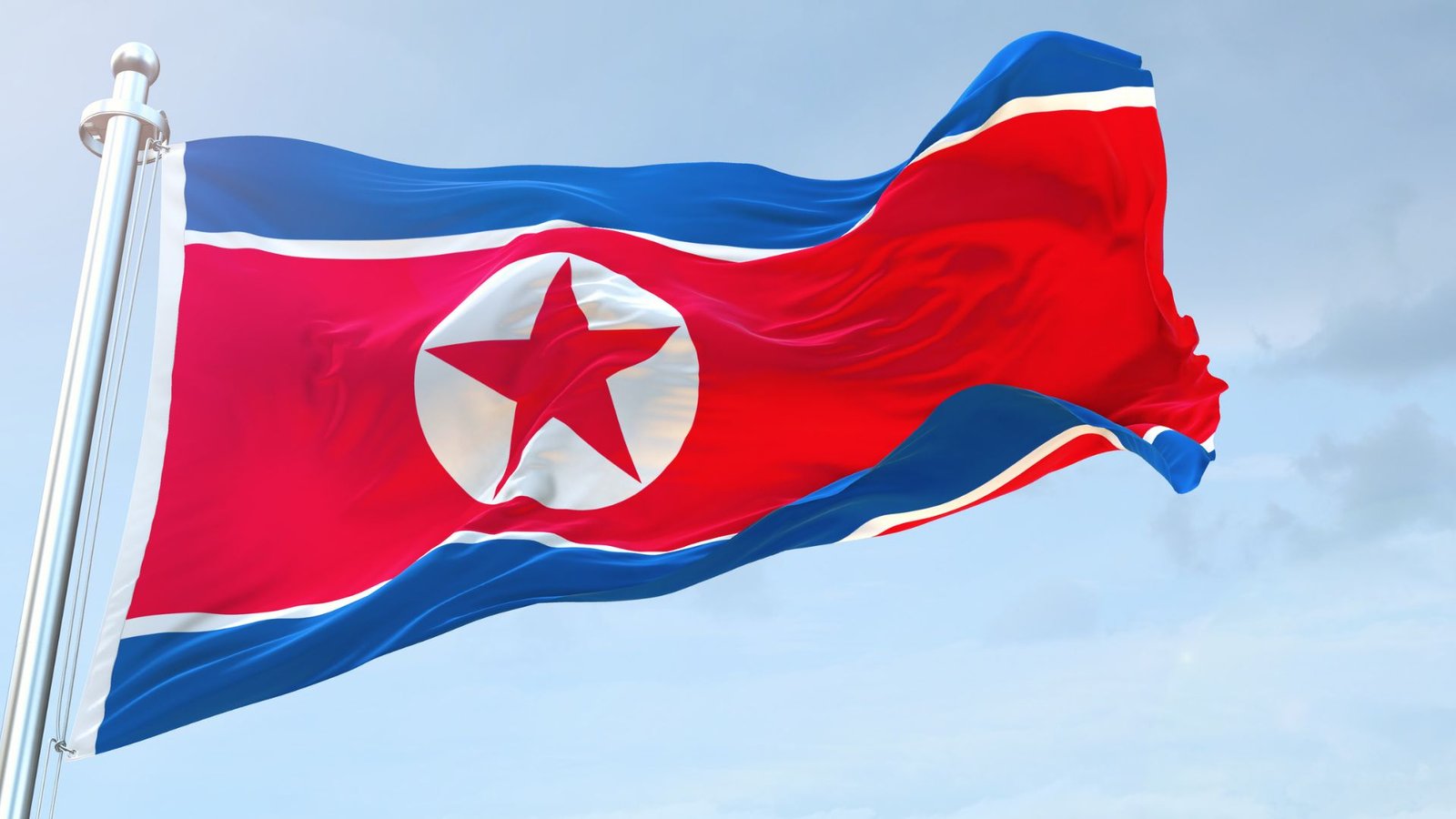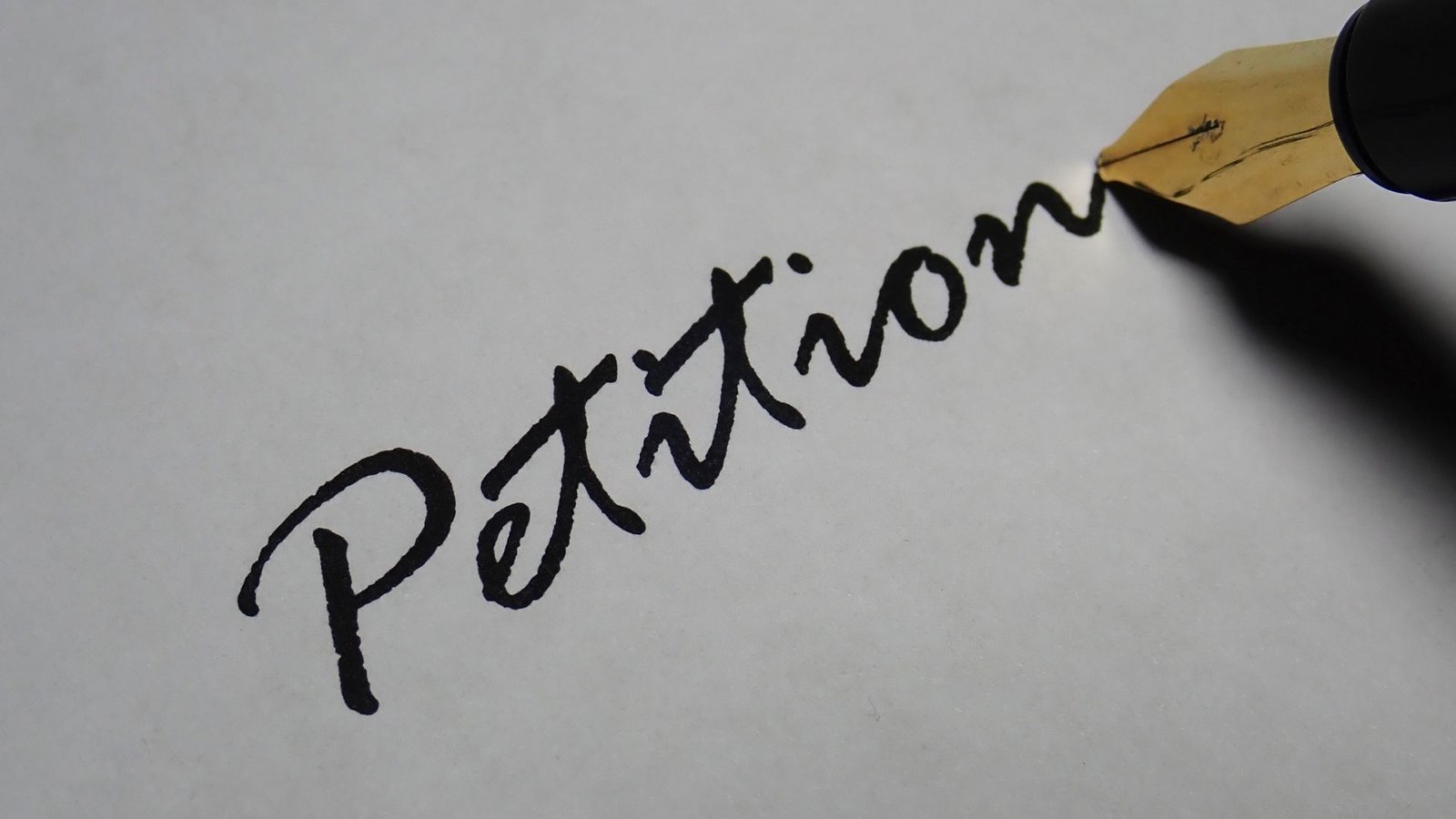On this page you will read detailed information about North Korean People’s Challenges.
Introduction
North Korea, officially known as the Democratic People’s Republic of Korea (DPRK), remains one of the most isolated and tightly controlled countries in the world. While its leadership often dominates global headlines, the everyday struggles of its citizens rarely receive adequate attention. The challenges faced by North Koreans stem from a combination of political policies, international sanctions, and limited access to resources and freedoms.
North Korean People’s Challenges
1. Economic Hardships
North Korea’s economy is primarily state-controlled, with limited private enterprise. The ongoing effects of international sanctions, imposed in response to the country’s nuclear and missile programs, have severely restricted its ability to trade and access global markets. This has resulted in:
- Severe poverty: A large portion of the population struggles to meet basic needs.
- Food shortages: Dependence on subsistence farming and limited agricultural imports often leads to chronic food insecurity.
2. Food and Nutritional Crisis
The food crisis in North Korea has deepened due to:
- Natural disasters: Floods and droughts frequently devastate agricultural production.
- Isolation from global aid: Limited humanitarian assistance reaches the country due to political tensions. As of 2024, reports suggest that malnutrition, particularly among children and the elderly, remains a critical issue.
3. Lack of Freedom and Human Rights
The DPRK is known for its repressive regime, where citizens face:
- Severe restrictions on movement: Travel within and outside the country is tightly controlled.
- Censorship: Access to information is limited to state-approved media, and independent expression is criminalized.
- Forced labor: Citizens, including political prisoners, are often subjected to state-imposed labor under harsh conditions.
4. Healthcare Challenges
The healthcare system in North Korea suffers from significant inadequacies:
- Lack of medical supplies: Hospitals are often under-resourced.
- Infectious diseases: Tuberculosis and other preventable diseases are prevalent due to poor healthcare infrastructure and malnutrition.
- Limited access to vaccines: Global isolation hampers vaccination efforts, making the population vulnerable to outbreaks.
In the previous post, we had shared information about Quash Petition in High Court: A Legal Recourse, so read that post also.
5. Impact of Sanctions
While sanctions target the North Korean regime, their unintended consequences often trickle down to the populace:
- Reduced access to essentials: Imports of food, fuel, and medicine are restricted.
- Economic stagnation: Sanctions exacerbate unemployment and income inequality. Critics argue for a balanced approach that pressures the regime while minimizing harm to ordinary citizens.
6. Education and Indoctrination
Education in North Korea is heavily influenced by state propaganda:
- Curriculum: Focuses on the glorification of the ruling Kim family and anti-Western sentiments.
- Limited opportunities: Access to higher education and professional careers is often dictated by loyalty to the regime.
7. Climate Change and Environmental Degradation
North Korea faces environmental challenges that exacerbate its existing vulnerabilities:
- Deforestation: Overuse of forests for fuel and farming has led to soil erosion and reduced agricultural productivity.
- Flood risks: Poor infrastructure and environmental degradation make the country susceptible to climate-related disasters.
8. International Isolation
North Korea’s isolation limits its access to global knowledge, trade, and humanitarian assistance:
- Diplomatic tensions: Efforts to negotiate peace and denuclearization remain stalled.
- Restricted trade: Sanctions prevent the flow of goods and technologies that could benefit the population.
Conclusion
The challenges faced by the North Korean people are multifaceted, encompassing economic, social, and humanitarian issues. While global attention often focuses on the country’s leadership and military ambitions, it is imperative to address the plight of its citizens. A balanced approach combining humanitarian aid with diplomatic efforts is essential to alleviate the suffering of the North Korean people while promoting long-term stability in the region.
Disclaimer
The information and services on this website are not intended to and shall not be used as legal advice. You should consult a Legal Professional for any legal or solicited advice. While we have good faith and our own independent research to every information listed on the website and do our best to ensure that the data provided is accurate. However, we do not guarantee the information provided is accurate and make no representation or warranty of any kind, express or implied, regarding the accuracy, adequacy, validity, reliability, availability, or completeness of any information on the Site. UNDER NO CIRCUMSTANCES SHALL WE HAVE ANY LIABILITY TO YOU FOR ANY LOSS OR DAMAGE OF ANY KIND INCURRED AS A RESULT OR RELIANCE ON ANY INFORMATION PROVIDED ON THE SITE. YOUR USE OF THE SITE AND YOUR RELIANCE ON ANY INFORMATION ON THE SITE IS SOLELY AT YOUR OWN RISK. Comments on this website are the sole responsibility of their writers so the accuracy, completeness, veracity, honesty, factuality and politeness of comments are not guaranteed.
So friends, today we talked about North Korean People’s Challenges, hope you liked our post.
If you liked the information about North Korean People’s Challenges, then definitely share this article with your friends.








